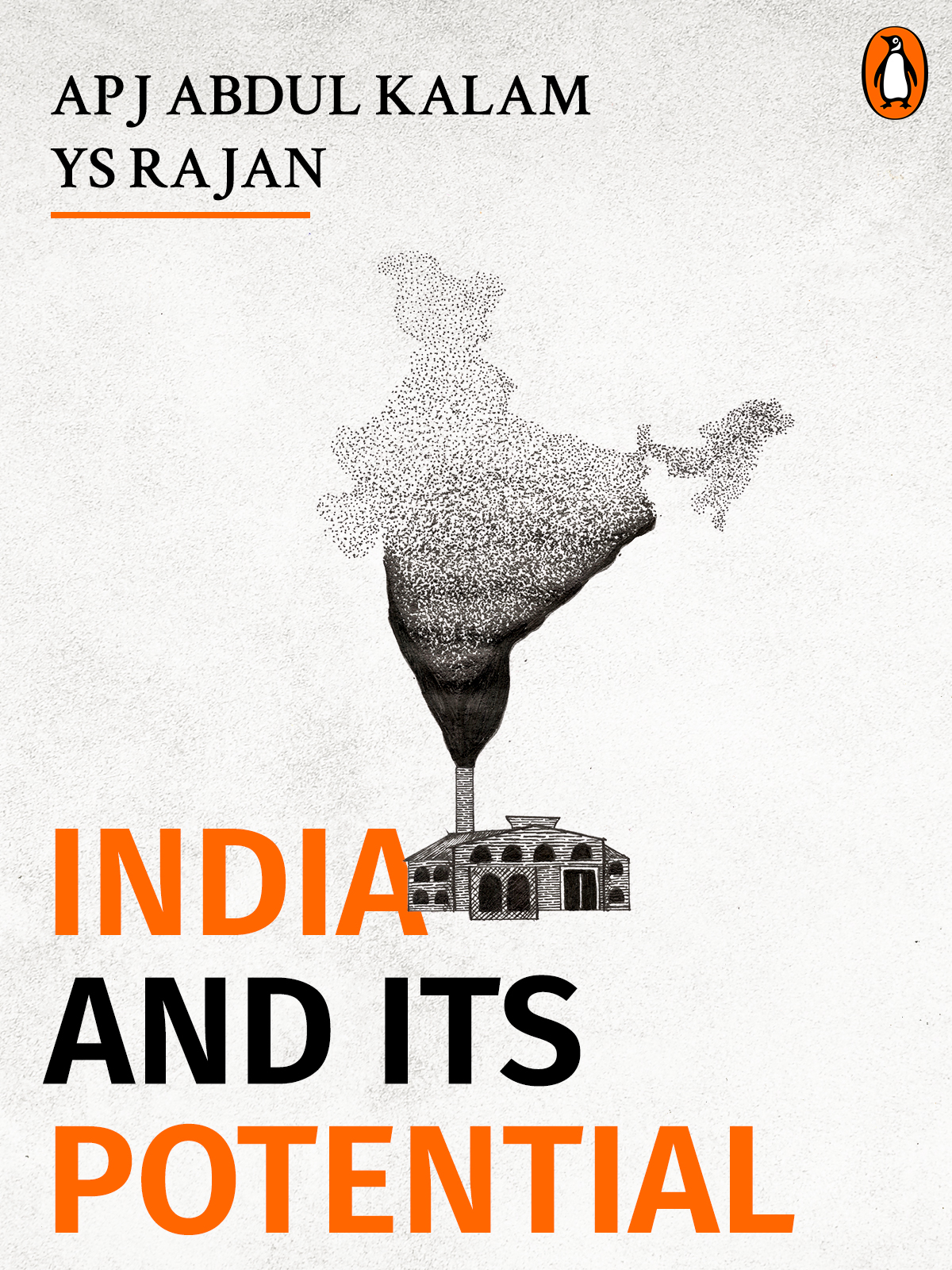
Strength respects strength.’
In the period following World War II, as nations focused on developing their economies, security has come to mean more than just protecting borders. Other forms of security—food and economic security—have come to be of as much importance.
The term ‘strategic industries’ refers to industries that give India a decisive advantage over a broad range of areas and not just in a military context. Building strategic technology or industries today will find day-to-day applications two decades from now. It thus becomes imperative to develop these so that the future generation of Indians have new worlds to conquer and not struggle with challenges of the past.
In India and its Potential, A.P.J. Abdul Kalam and Y.S. Rajan highlight the possibilities that our country has yet to act upon, paving the way towards sustainable development.
Imprint: Penguin
Published: Nov/2018
Length : 29 Pages
MRP : ₹15.00
The Constitution of India came into effect on 26th January, 1950. As we celebrate India’s 72nd Republic Day, let’s dig deeper to understand the journey till this day in 1950, and our journey since then. Here is a list of books from various authors, including Abhinav Chandrachud, Ramachandra Guha, Khushwant Singh, Sagarika Ghosh, K.R. Narayanan […]
